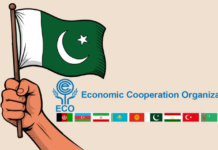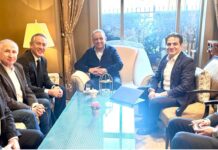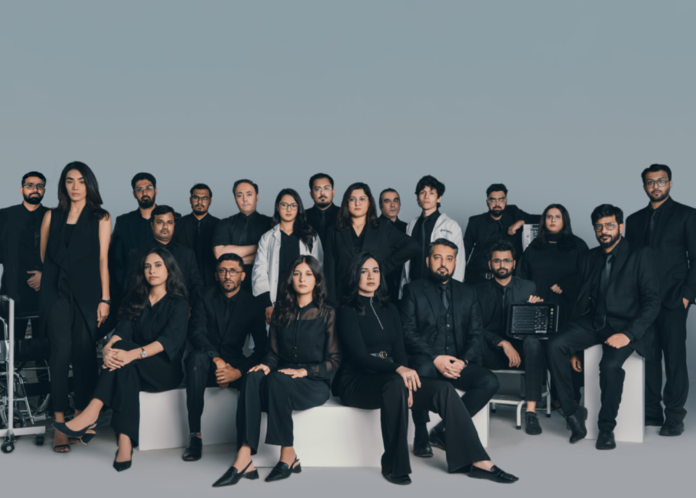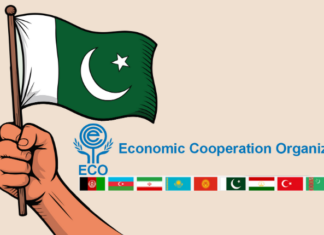I first read about MeriSehat.pk in Dawn. A passing mention — 3,000 free diabetes clinics. That was it. No fanfare, just a quiet revolution. I had to know more.
Fast forward two weeks.
The walls hummed with quiet intensity—an energy that felt like the pulse of an experiment in motion. I had just entered MeriSehat.pk’s corporate HQ. Here, in their office in Karachi, a group of engineers, doctors, and product specialists were rewriting the rules of digital healthcare. This wasn’t a place where you simply ‘worked’—it was where limits were tested.
As the day passed, it all came together to reveal the bigger picture. My favorite moment? Watching a product manager check her blood pressure with just her phone. She noticed my confusion and handed me her phone. “Try it,” she said. I hesitated. I rely on my kids for all things tech. But within seconds, the screen lit up with my readings—blood pressure, heart rate, oxygen saturation, even stress levels. It was intuitive, immediate—technology. And it worked like magic.
“This is an rPPg scan,” she explained. “It picks up microchanges on the surface of your skin. Your phone camera just became a medical tool.”
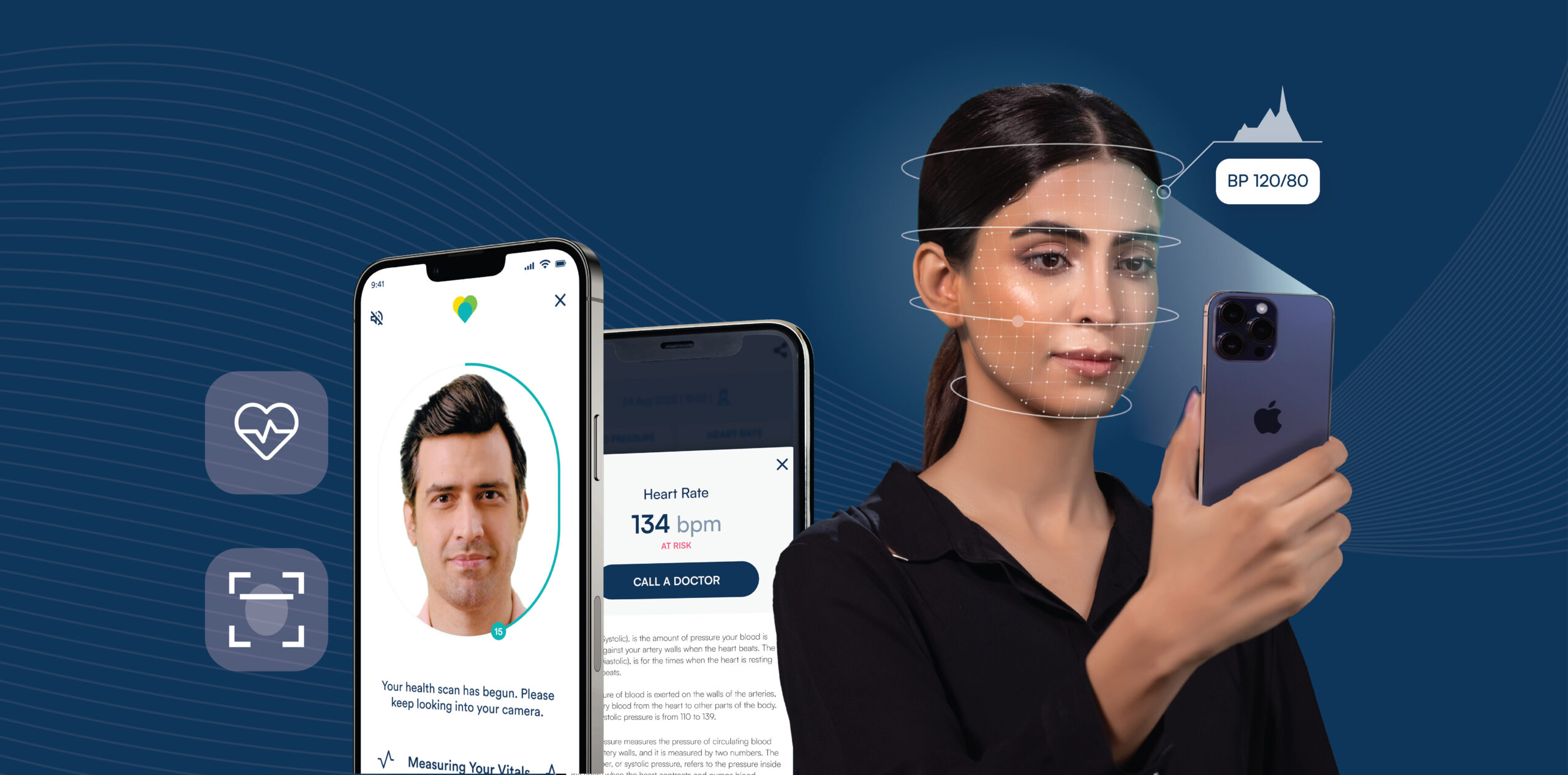
“One of our biggest challenges? Finding the right talent,” their HR Manager told me. “There’s no precedent for what we’re trying to do. From developing transdermal Artificial Intelligence scans to launching 3,000 free diabetes clinics, we needed people who could exist at the intersection of health, tech, marketing, human-centered design, and product development.”
AI-driven healthcare is uncharted territory anywhere in the world, but in Pakistan, it’s almost unimaginable. There is limited infrastructure for digital health, no cohesive regulatory framework, and a deeply ingrained skepticism toward tech-driven medicine. In an industry where trust is as valuable as innovation, the question remains: can this model scale?
The solution? Bring together innovative people who are unafraid of challenges. Engineers working alongside doctors. Designers collaborating with public health experts. One developer showed me an AI model they were training to predict cardiovascular disease risk. Another was refining a tool to assess cough severity based on voice changes. In another corner, someone was running an MRI and X-ray analysis directly inside a WhatsApp window. The company doesn’t just build—it tests, iterates, and reconfigures in real-time. I, fortunately, bumped into Babar Rashid Khan, Meri Sehat’s Co-Founder and CEO – It took me a second to place him, having seen his name in the press.
“You’re the writer—what do you think so far?” he asked, gesturing at a whiteboard, packed with notes. “Here, let me walk you through this”. He strapped me to a clinical device that I had seen in hospitals, putting on a blood pressure cuff and a finger pulse device on me. Seeing me confused he said, “This is what they use in the hospitals – We want you to compare your readings with our app in real time”.
He fired up the app, and it measured my vitals alongside the machine. After a minute both of my readings (app vs the machine) appeared in front of us: A 98% match.
I found him to be hands-on, passionate, and sharp and it quickly became obvious that he’s setting the pace for everything here.
“We build fast, we test carefully, and we launch often,”
As I look up, the entire office is abuzz. People move with a quicker cadence here. They even speak faster. Conventional workplaces have a din about them. This one had a roar.

The culture here is intense, and that is by design. The pace is unforgiving. Success isn’t handed to you—it is extracted through persistence and adaptation. There is an unspoken agreement among employees: if you commit, the payoff isn’t just career growth—it’s being part of something bigger. The work being done here isn’t theoretical. It’s tangible. Everyone working there seems to believe that the AI models being built today will determine how millions receive healthcare in the future.
Over lunch, I got talking with one of the strategy managers. “It’s serious, serious work,” she admitted. “People here work insane hours, but it never feels like a grind. Took me a while to get it, but once I did, I was hooked. If it were easy, everyone would be doing it.”
Seeing my expression, she added, “It’s not about just staying late. No pointless busywork. It’s about building something that actually matters.”
I raised an eyebrow. “Yeah, but you’re only young once.”
She shrugged.
“This is a once-in-a-lifetime chance to reshape healthcare in a way that Pakistan has never seen.”
I sat in on a company-wide training session where employees—regardless of their department—were quizzed on their understanding of the Meri Sehat app. It wasn’t just a test of knowledge. It was an exercise in alignment, ensuring that every team member, from marketing to engineering, understood how their work fits into the larger mission. The top scorers won donuts. It was a small but telling moment.
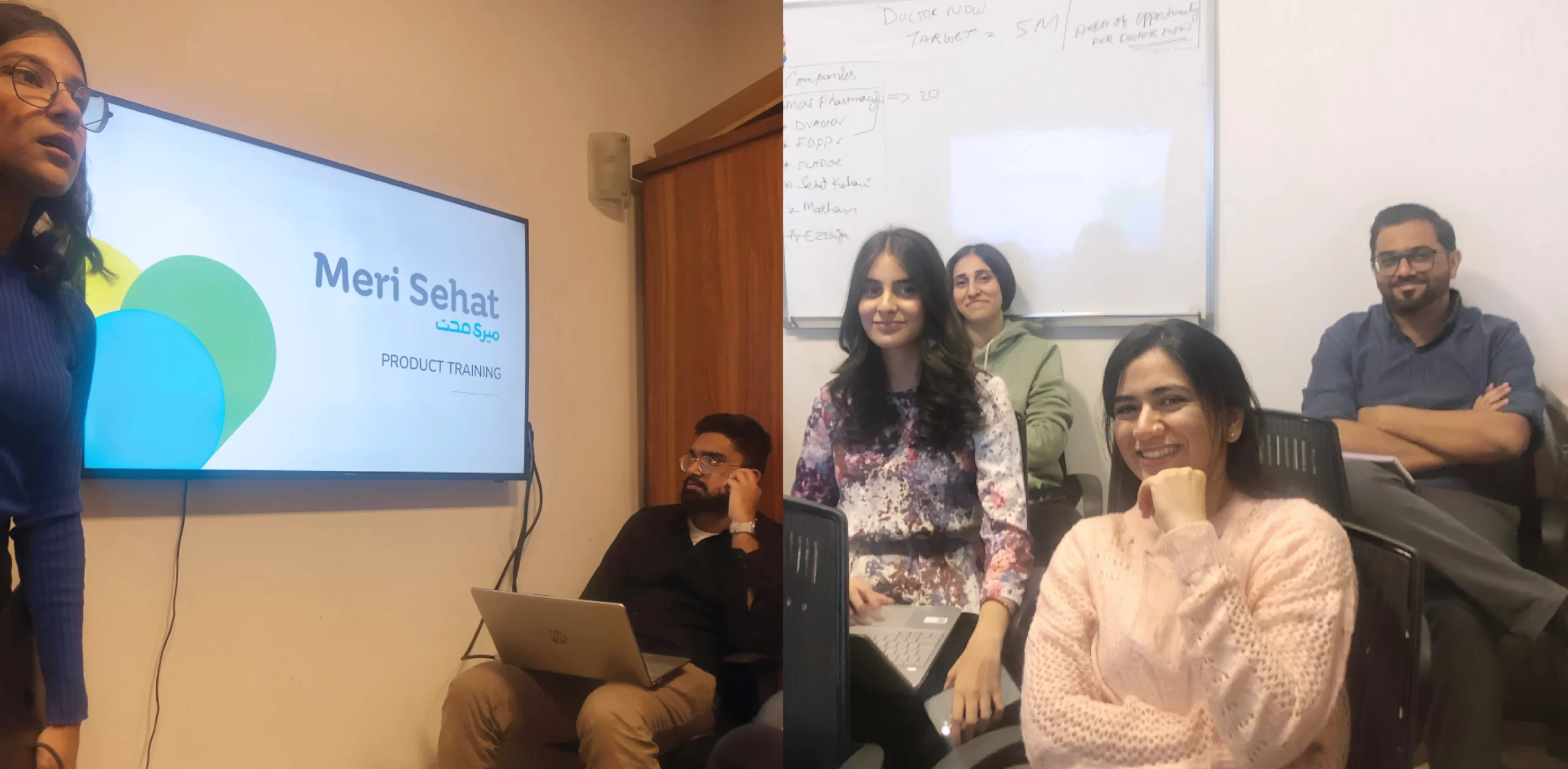
“It’s not about the donuts,” an employee told me, laughing. “It’s about knowing that what we do here matters. That what I build today could impact millions. But it is also about the donuts” The office itself seems to be a reflection of this. The C-suite is accessible. You can pitch an idea to the CEO in the hallway and get real feedback. “There’s no micromanagement. Well, at least not for the smart ones” quipped another team member.
“You’re here because you’re smart. But winning is about outputs, not intellect.”
On Friday nights, the team gathers for cricket. “We let the tech team win” a marketing executive confided in me. “They build our machine learning models, after all.”
As I stepped out, I couldn’t shake the feeling that I had just glimpsed something rare—a company moving faster than the world around it. Their north star metric? “Lives Saved” which meant a numeric count of real-time, tangible improvements in the lives of the people they serve.
By the end of the day, I had come to understand what made Meri Sehat different. It was not just the technology or the culture. It was the fundamental belief that healthcare could be reimagined, that the impossible could be tested, refined, and made real.
The odds seem high, the challenges relentless. But if there was any team that could make it work, it seems likely that it was this one.






